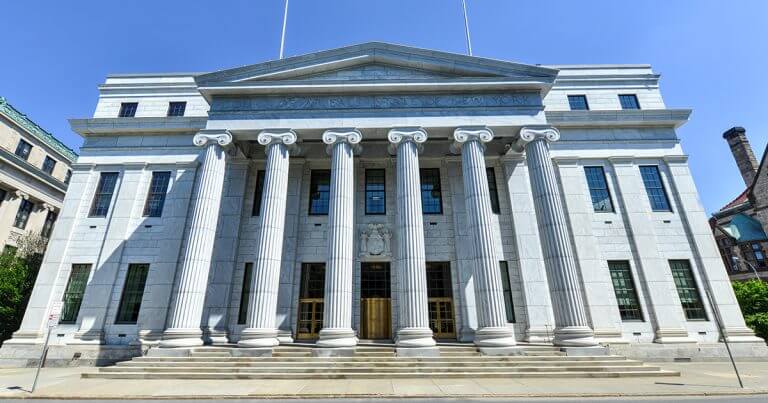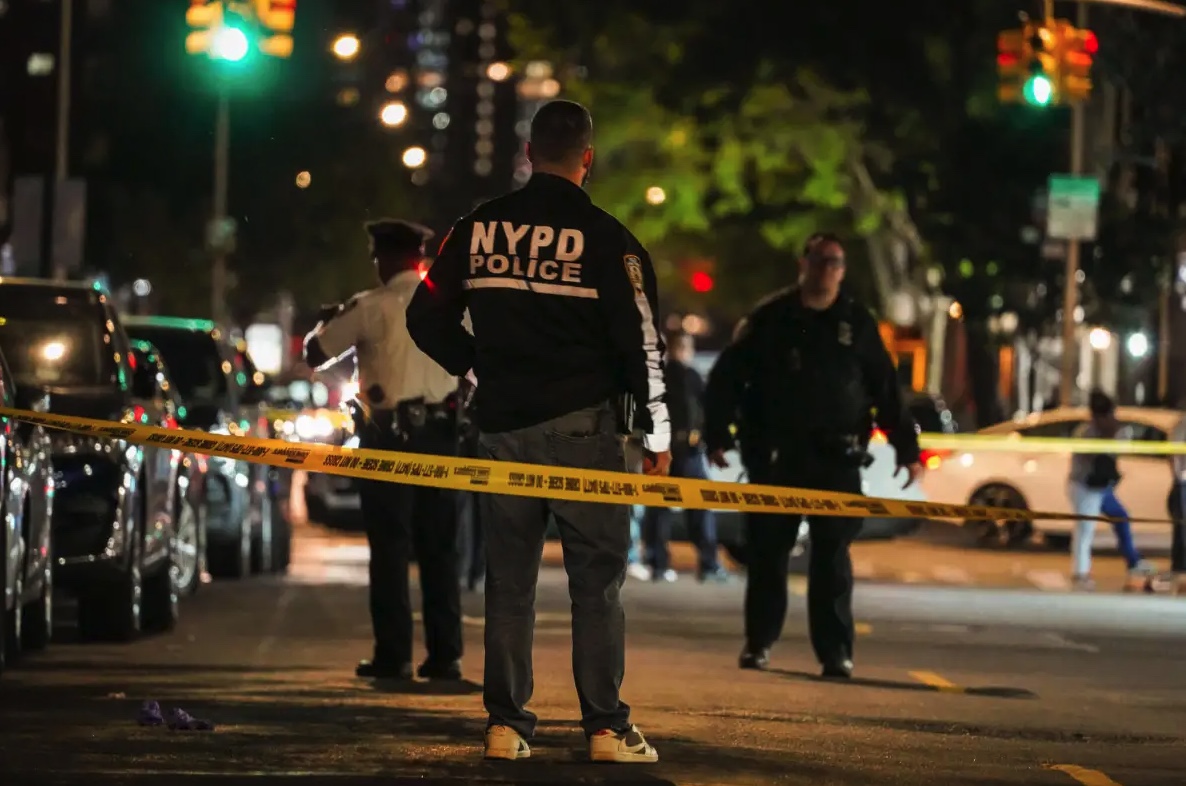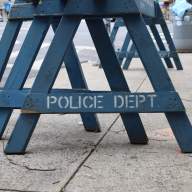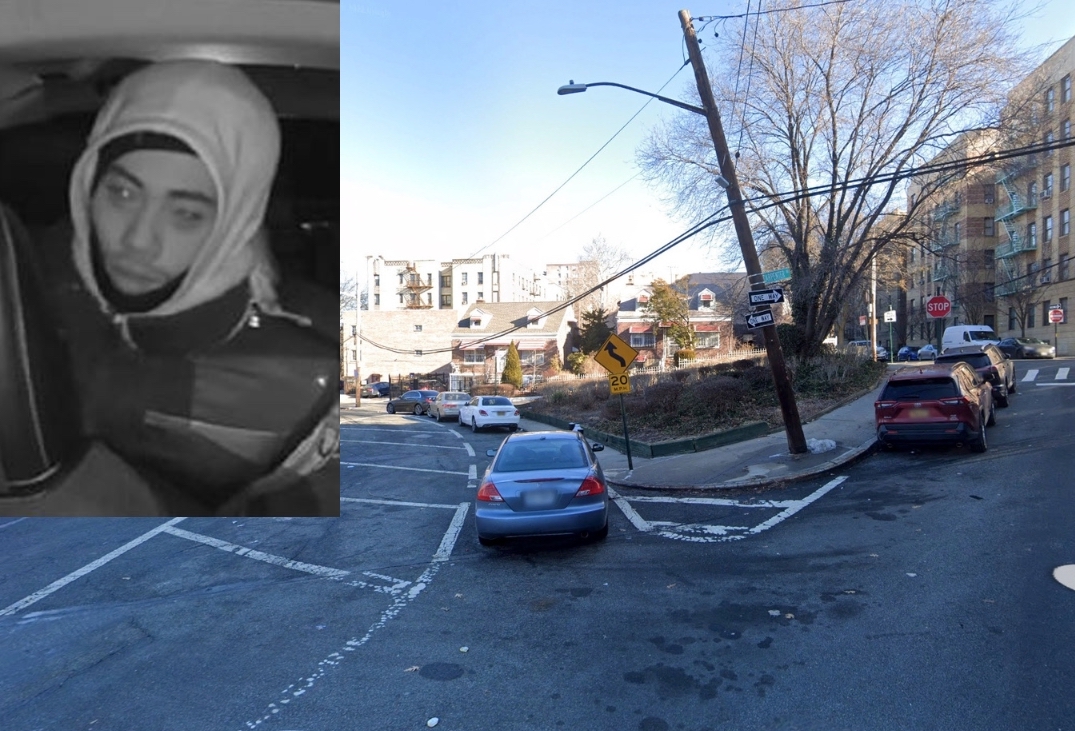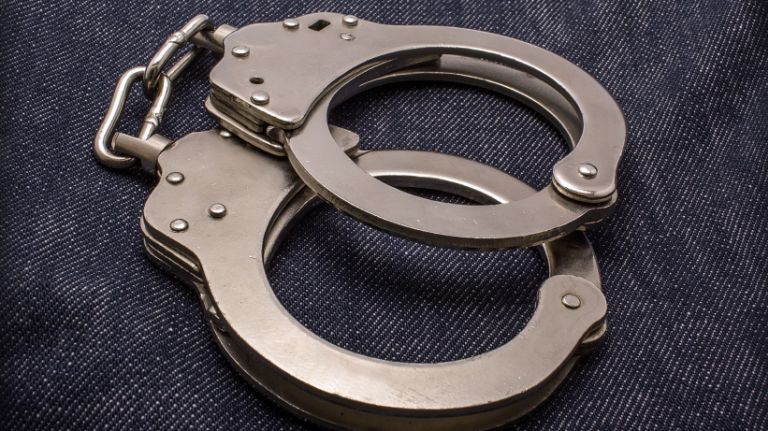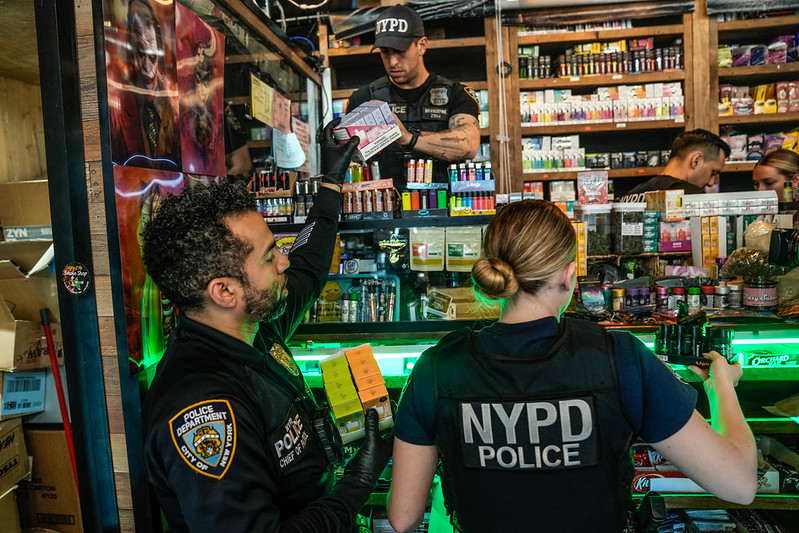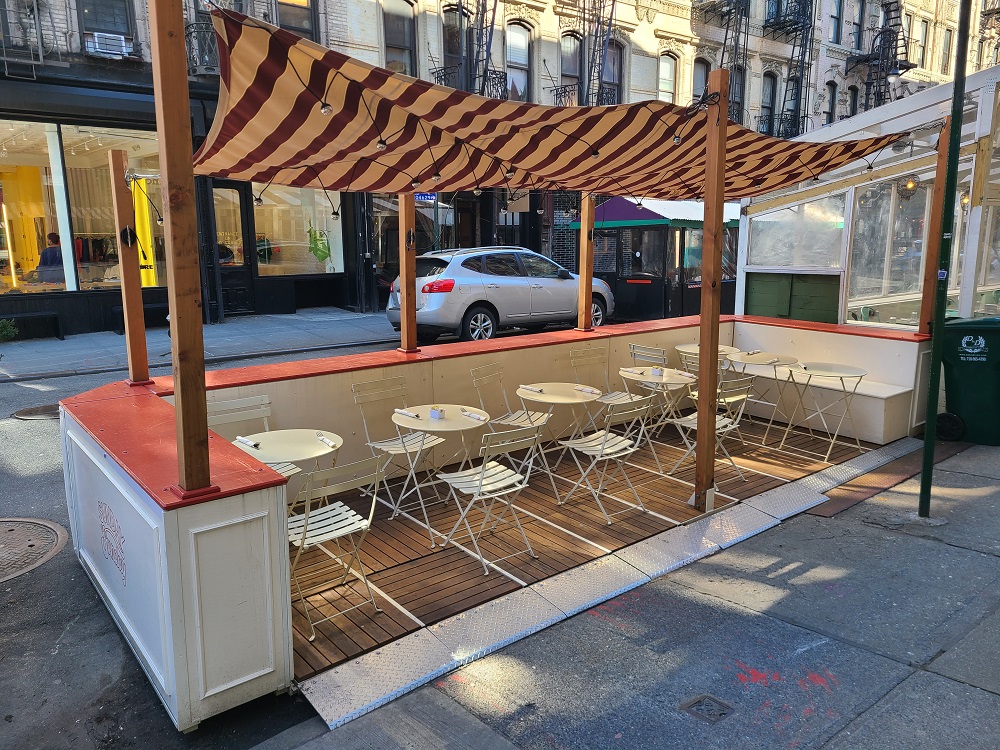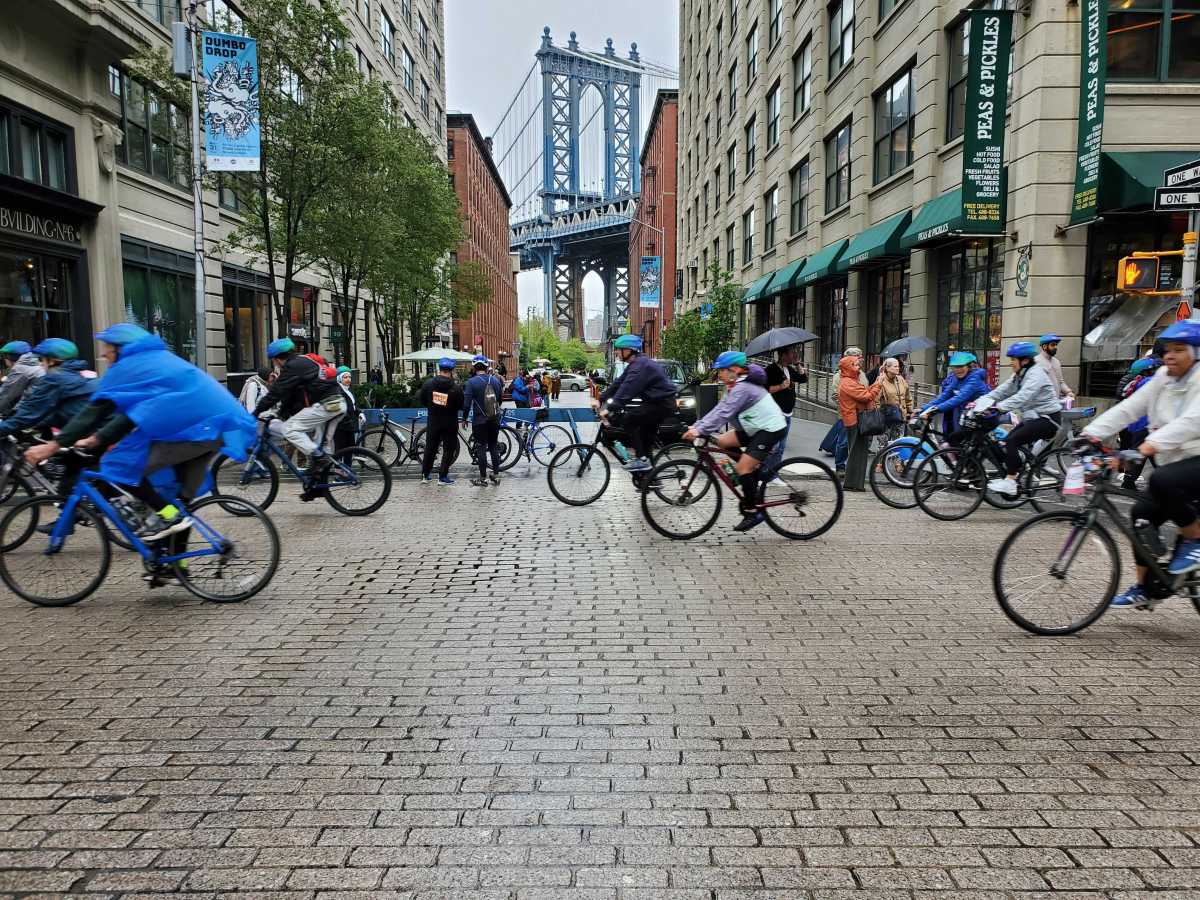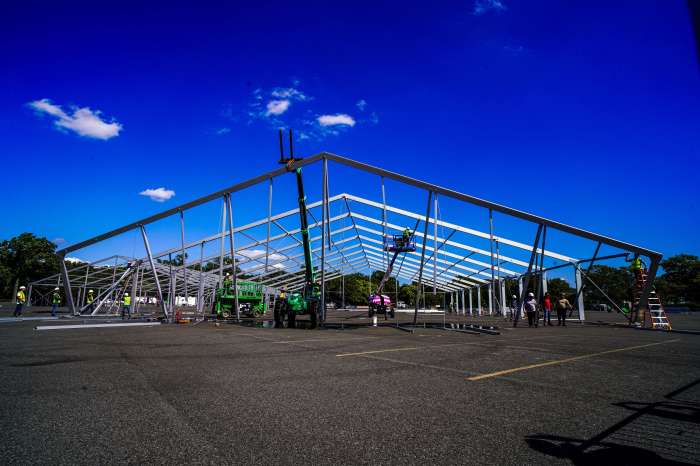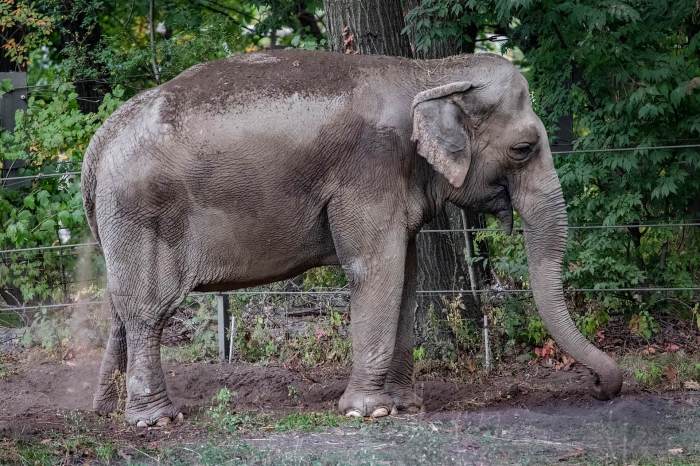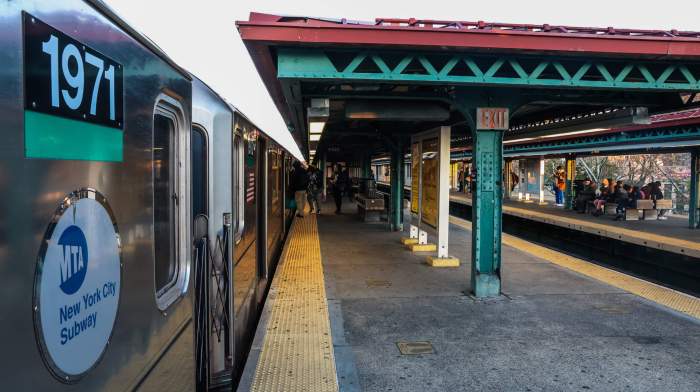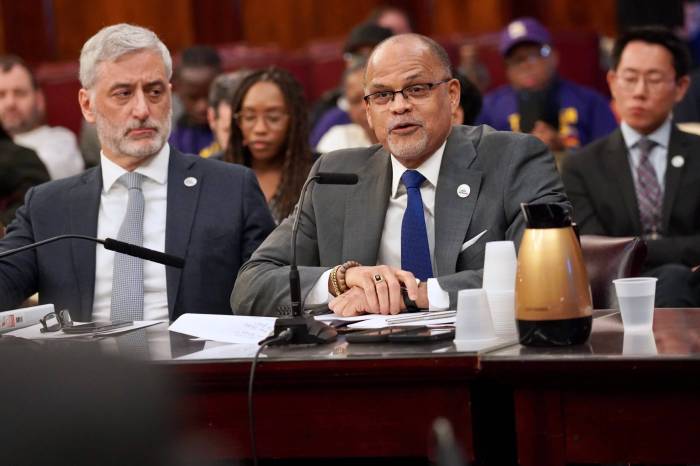With her political future all but settled after an election win last month, Gov. Kathy Hochul is set to make a decision that could define her first full term as governor, the selection of the New York Court of Appeals’ next chief judge, left vacant by the departure of Janet DiFiore, who abdicated her post in August.
The seven-member New York Court of Appeals is the state’s most powerful judicial entity, and legal experts say that Hochul’s pick will steer the course for the court, which has been labeled as conservative-leaning since DiFiore’s appointment by disgraced ex-Gov. Andrew Cuomo.
Hochul’s appointment will come from a list of seven nominees from the Commission on Judicial Nomination, including sitting Associate Judge Anthony Cannataro, who is also acting chief judge, Abbe R. Gluck, Hector D. LaSalle, Jeffrey K. Oing, Alicia Ouellette, Edwina G. Richardson-Mendelson and Corey L. Stoughton.
By law, Hochul is required to make her selection no later than Dec. 23, which then prompts the state Senate, 30 days after receipt of the governor’s choice, to confirm or reject the appointment. Those appointed and confirmed to serve on the Court of Appeals carry a 14-year term.
Prior to 1974, judges of the New York Court of Appeals used to be elected, but after reforms to the New York Constitution, an appointment process was created.
This is the seventh chief judge vacancy in the Court’s history since the process was created, and Hochul’s second appointment — she appointed Shirley Troutman to take the bench for retired Associate Judge Eugene Fahey in December 2021.
For many, this appointment is a consequential one.
Progressives want Hochul to pick someone with a “diverse” background in their legal career, moving away from a trend of former prosecutors to make the bench in the last decade. Others clamor for a candidate with experience as a public defender, equipped to handle criminal justice issues that come before the court.
The DiFiore court is characterized by a four-judge conservative bloc on the seven-member body that voted in lockstep on virtually every case, voting in tandem in 96 of 98 cases last session.
Many of those 4-3 rulings restricted the rights of criminal defendants, employees and tenants, legal advocates tell the Bronx Times. DiFiore abruptly resigned in August and was under an ethics investigation, that was recently closed.
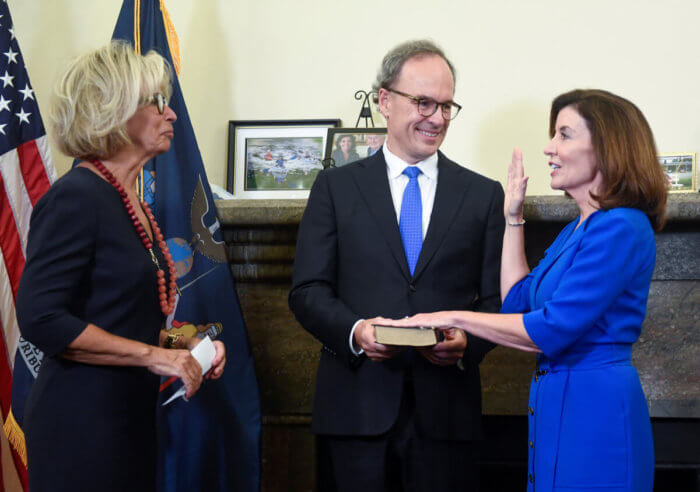
A new bill, set to be introduced this week by state Sen. Brad Hoylman, would extend the jurisdiction of the New York State Commission on Judicial Conduct beyond the resignation date of judges facing an investigation or formal charges. The bill also aims to make the commission’s findings in these investigations more transparent by allowing the commission to publicly announce when charges are filed — instead of after a final determination in a case — and streamline approval for the watchdog’s budget requests.
“This chief judge has to have the experience and ability to bring back a system that has been shuttered almost,” Hochul said in a November press event. “That has a collateral impact on criminal justice.”
The candidate pool, according to Brian Ginsburg, a lawyer who has experience arguing before the Court of Appeals, is its most diverse in years, and believes that any of the seven candidates will uphold “the integrity” of the state’s highest-ranking court.
“The Chief Judge not only leads the seven-member appellate court but they lead the entire unified New York Court system,” said Ginsburg. “So that person needs to have an independent sense of judgment, be able to hear all sides of a case and make sure they carry out the rule of the law free from politics, power and popularity.”
Ginsburg noted to the Bronx Times that while he “won some” and “lost some” cases in DiFiore’s court, he does believe that the court handled each case fairly and within the confines of its judicial scope and power.
Of the 41 applicants considered for the bench’s highest post, 22 (54%) were women and 17 (41%) came from “diverse” backgrounds. And for the 17 candidates interviewed, 10 (59%) were female and 7 (41%) were minorities. Four of the seven candidates interviewed to lead New York’s top court were given the highest possible rating by the New York State Trial Lawyers Association.
“I am gratified at the extraordinary quality and diverse backgrounds of our applicants,” said E. Leo Milonas, chair of the Commission on Judicial Nomination. “That so many exceptional candidates were motivated to apply demonstrates the remarkable strength and depth of the legal profession in the State of New York.”
The next vacancy on the Court of Appeals is scheduled to occur on Dec. 31, 2027, in connection with the expiration of Associate Judge Jenny Rivera’s 14-year term.
Reach Robbie Sequeira at rsequeira@schnepsmedia.com or (718) 260-4599. For more coverage, follow us on Twitter, Facebook and Instagram @bronxtimes.

